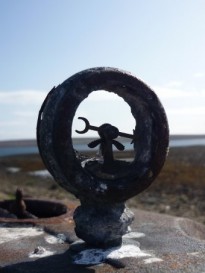A few weeks ago I came across a very unusual baptism record, dated 12 April 1750, in the parish of Kirkwall, Orkney. It was the baptism of “a Negroe usually called Neptune”.

Baptisms (OPR). Kirkwall, Orkney. Parish no. 21. Vol. 2. 12 April 1750.
He was “in the service of Mr Fraser Officer in the Military” and, the record continues, “after having Resided several months in this Burgh [Kirkwall] being desirous to be instructed in the Christian Religion in order to Baptism was accordingly taught a Competent measure of Christian Knowledge & Baptized by the name of Edward by Mr John Yule one of the Ministers after having made a profession of the Christian Faith & come under Baptismal Engagement before Wittnesses Doc[to]r Sutherland Baillie Sutherland Andrew Liddel & William Maneson Elders of the Session with the said Mr Fraser.”
This is an interesting baptism on several counts. Firstly the designation Negroe almost certainly means he was or had been a slave; in the service of skirts the issue. His original name, Neptune, is typical of the way slaves were often given classical names, the god of the sea in this case. What is much less typical is his location, Orkney. Estimates of the number of slaves in 18th century Scotland vary but one source estimates a figure of at least 90-100, with Ross-shire the northern limit. This sighting in Orkney considerably extends that. How did he end up in Orkney? It seems that most slaves came to Scotland with masters who had been in the West Indies, the American colonies, or in the slave trade itself. This was presumably the case for Mr Fraser, the military officer, too.
Why baptism? Christian baptism was considered by some to make a significant difference to the case for freedom, though the case for and against was strongly argued in Court in the 18th century. We can’t tell if this was Edward’s motivation but, without baptism and a Christian name, slaves were seen as no more than property. Whatever the case, the witnesses to the baptism included some of the great and good of Kirkwall.
Slavery was abolished in Scotland in 1778 as a result of the case of Joseph Knight, a black slave in Dundee.
And Edward’s new surname? Kirkwall of course. I’d love to know what became of him but that is research for another day.
Sources and further reading:
- Researching specific slaves or former slaves in Scotland and Records of prominent former slaves (NRS)
- Slaves and slave owners in 18th century Scotland
- Slaves in Scotland (Black History Month)
- Whyte, Iain ( 2006) Scotland and the Abolition of Black Slavery, 1756-1838. Edinburgh: Edinburgh University Press

